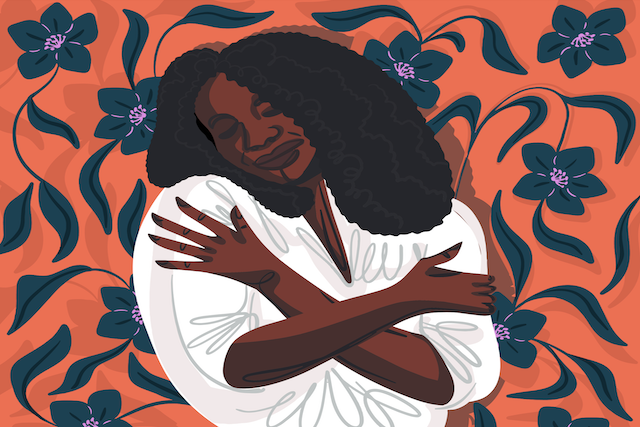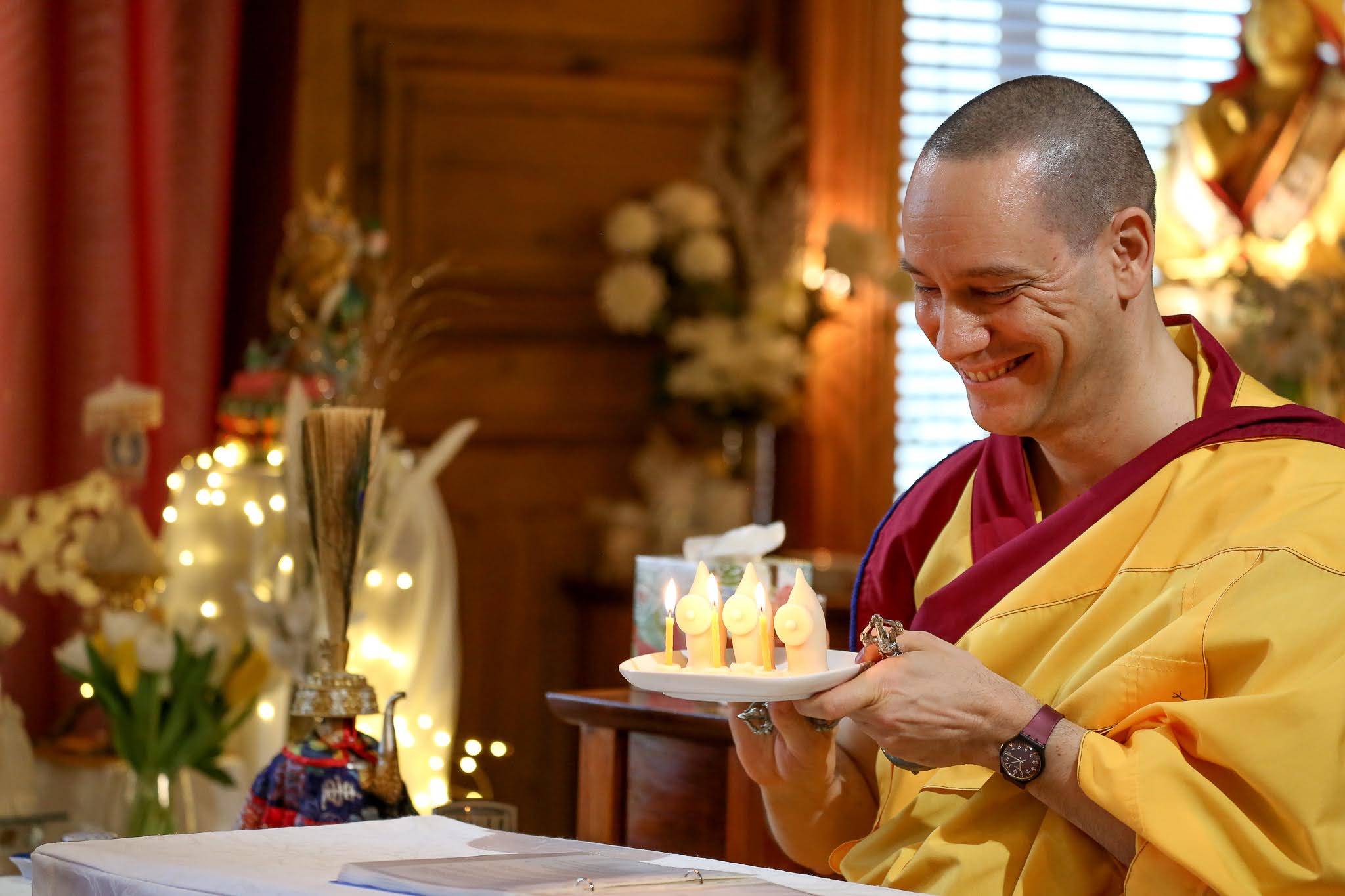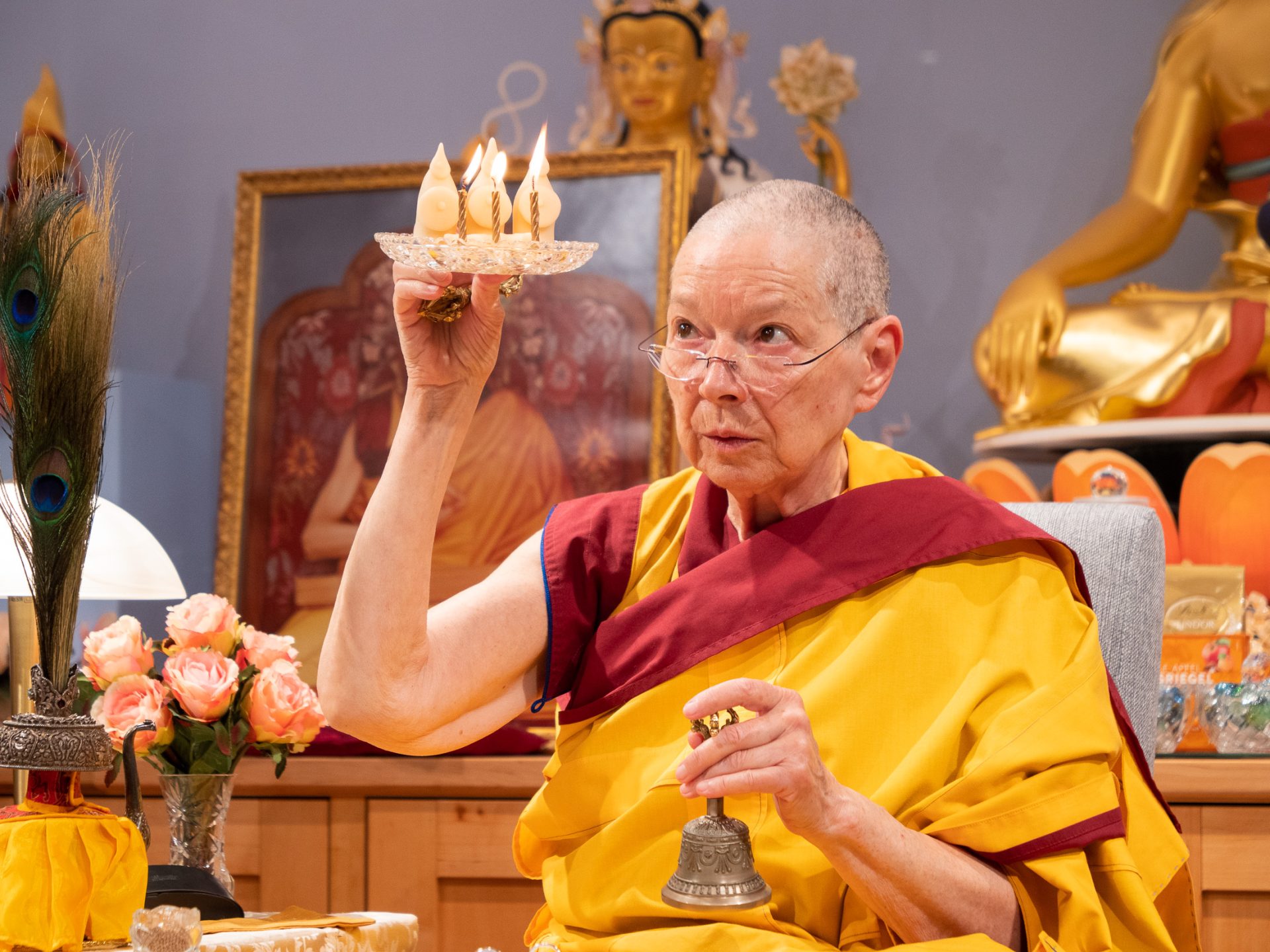The Major Aha Moment That Helped Me Stop Fixating on Fixing Myself
“The real difficulty is to overcome how you think about yourself.” ~Maya Angelou My newest friend ended our three-month-long friendship on a July day when I’d just returned from a dreadful summer vacation. Her Dear Jane email read, “It’s...


“The real difficulty is to overcome how you think about yourself.” ~Maya Angelou
My newest friend ended our three-month-long friendship on a July day when I’d just returned from a dreadful summer vacation. Her Dear Jane email read, “It’s not you, it’s me.” The lever had been pulled, I was dumped, and I thought, “Ha!” I’d spent the last three months trying to help her fix her problems. I knew she had more problems than me.
But then an anxious, obsessive thought loop began. What did it really mean? How could it not be about me?
This wasn’t the first time I’d lost a friend, so of course, I needed to diagnose, dissect, and determine the origin of this unhappy pattern. My anxieties were ramping up, and I needed to fix something before this reoccurred. So I made an appointment with a therapist named Dr. Mary.
After an hour’s drive through big city traffic, I arrived late and shaken to that first therapy session.
Within fifteen minutes, Dr. Mary helped me recognize the parallel between my friendships and my relationship with my mother and and pointed out I didn’t have to parent my mom, a lifelong project due to her unsteady mental health. I was disappointed but relieved to find I wasn’t there to fix my mom’s narcissistic behavior. I was there just to fix myself. I paid her the ninety-five out-of-pocket dollars I owed and left feeling slightly better.
Two weeks later, I drove that same hour for my second therapy session. I was not prepared for what I would take away this time.
When I brought up my mother again, Dr. Mary asked me why I needed to change my mother. Couldn’t I allow her to just be?
I was confused. Weren’t my mother issues the cause of everything? “If it’s not one thing, it’s your mother,” my friends and I always joked. And why wouldn’t my mom want to gain from my knowledge, love, and insight?
Dr. Mary fed this next concept to me slowly. “Maybe you need to fix people so you can feel powerful, and then no one will be paying attention to your flaws. Maybe you want to distract others from seeing how unlovable you think you are.”
This concept slowly hummed in my head until tears seeped from my face.
Eventually I found tissues near my couch spot. And then our time was up.
“Do you have any books you can suggest reading on raising self-esteem?” I asked as I paid her, needing something more to help process this information. “No,” she said, and then she opened the door and let a different version of me out into the world than the me who’d entered.
As I drove to meet my friend for a lunch date, my mind screamed, “I’m freaking forty-five years old, and I have low self-esteem!!??” Over our Cuban pork sandwiches with mojo sauce, my friend Terry said, “Who doesn’t have low self-esteem?”
Apparently, my discovery of my buried dysfunction was the new trendy life hiccup I was now living. When had low self-esteem become the in thing?
My head was filled with angry bees as I journeyed the hour-plus back home. I didn’t feel good enough to be my kid’s parent that night. I fumed over Dr. Mary’s edict about my sentence of low self-esteem and not okay-ness.
I had worked hard all my adult life on my self-awareness and self-love with therapy, self-help books, and humility! How dare she rob me of my self-definition and my purpose of showing others how to be okay. Who was I supposed to be now?
A week and many journal pages later, I wanted to be done marinating in my indignation, so I crossed the grassy field to the library, intending to check out any and all books on self-esteem. When I explained what had happened, the librarians agreed that it’s hard to fill your self-esteem cup up if you don’t know what that cup or its contents looks like. Wise souls those women.
At home, I read and thought and sat with my low self-esteem verdict. And then unexpectedly, I began to feel a new peacefulness. My anxiety was diminishing. Dissipating. Disappearing.
If I was off the hook to fix the faults I saw in others, I would no longer have to fix the faults I saw in myself. My low self-esteem and anxieties were allowed. I could be just where I was until I was somewhere else. I was in a new place where I was okay with me, you could just be you, and where judgments no longer served a purpose. By naming the inner beast, I had somehow released it too.
I am still attracted to people who self-admittedly need a little life tune-up, but I don’t obsess over “their” recipe for success or what “they” could do to be fixed. I make every day count toward my own healing.
Eventually, with the help of medication, my anxiety felt like a phantom limb, a memory of a part of me that was no longer there, though I also need an occasional therapy tune-up.
All I had to do was admit and own who and where I was to stop fixating on the fixing. If I saw her today, I’d thank Dr. Mary for the gift of my freedom. And I’d mention a couple of very good books on self-esteem I’d read.
![]()
About Shalagh Hogan
Shalagh Hogan, pronounced Shay-La, dwells in Maryland with her husband, teen boy, nine-year-old girl, and three cats. Her lifestyle and self-discovery blog at Shalavee.com just turned eleven. Her hope and joy as a writer and an artist is that, by sharing her journey of self-discovery and creative soul-searching, others will gain inspiration and permission for their own journeys. She spends much of her online time with her community on Instagram.
See a typo or inaccuracy? Please contact us so we can fix it!

 Tekef
Tekef 
































